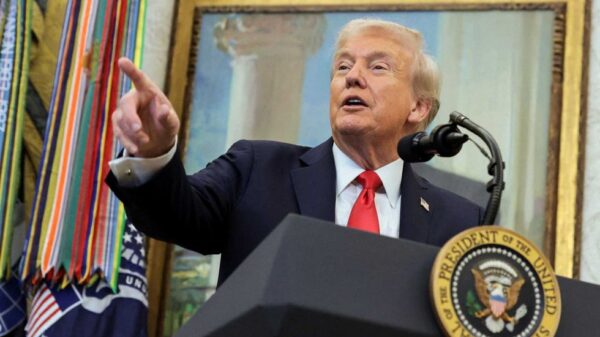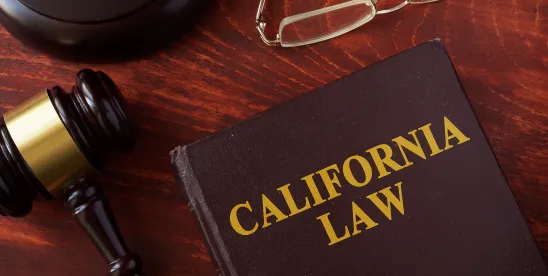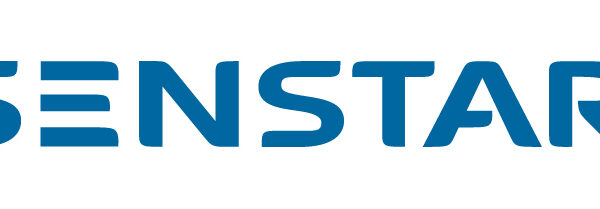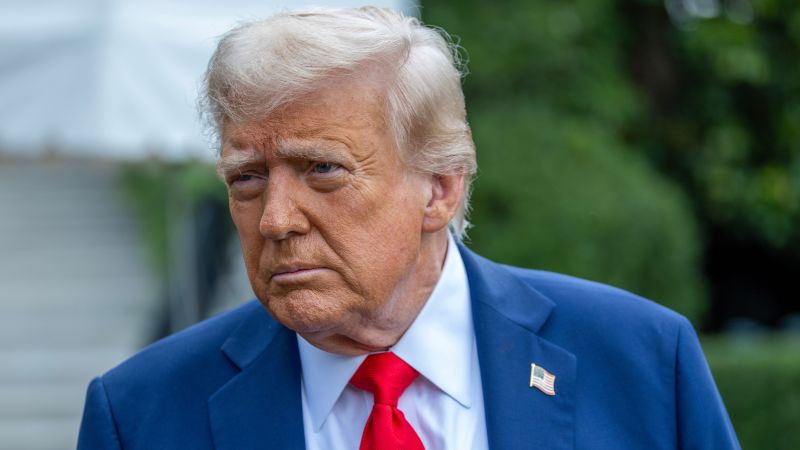President Donald Trump intends to sign an executive order designating the anti-fascism movement Antifa as a domestic terrorist organization as early as March 15, 2024. This decision marks a significant step in Trump’s ongoing efforts to address what he describes as threats from left-leaning political entities. The announcement comes following a series of events surrounding the assassination of conservative activist Charlie Kirk.
During a press briefing, White House press secretary Karoline Leavitt stated, “Antifa is going to be designated a domestic terrorist organization.” She indicated that the executive order could be signed “as soon as today,” emphasizing that this action is part of a larger initiative against groups perceived as radical left.
The president has previously indicated his intention to take action against Antifa, a term that refers to a loose collection of leftist activists with no centralized structure or leadership. This lack of organization raises questions about how the designation would be enforced and which specific individuals or entities would be targeted.
Leavitt criticized the Democratic Party, claiming that many members have aligned themselves with a “radical fringe.” She specifically pointed to those lawmakers who opposed a resolution honoring Kirk, stating, “We must continue to call this wickedness out. It’s the only way that our nation can heal.”
In her remarks, Leavitt defended Trump’s controversial statements made during Kirk’s funeral, where he expressed hatred towards his political opponents. This stance contrasts sharply with Kirk’s widow, Erika Kirk, who publicly forgave her husband’s killer and urged for a response of love instead of hate. Leavitt asserted, “The president is authentically himself.”
The practical implications of designating Antifa as a terrorist organization remain uncertain. Legal analysts have previously noted that such a move could face significant constitutional challenges. While Trump has expressed a desire to label Antifa as a terrorist group before, the complexities of enforcing such a designation are considerable.
Antifa, short for anti-fascist, encompasses a broad spectrum of left-leaning political beliefs that often diverge from mainstream Democratic Party positions. Unlike more organized far-right groups such as the Proud Boys and Oath Keepers, Antifa lacks centralized leadership or a formal hierarchy. This decentralization complicates efforts to target funding sources or key figures within the movement.
In a statement on social media last week, Trump declared, “I am designating ANTIFA, A SICK, DANGEROUS, RADICAL LEFT DISASTER, AS A MAJOR TERRORIST ORGANIZATION.” He also called for investigations into those financing Antifa, pledging to apply the highest legal standards in these inquiries.
The White House has pointed to violent incidents allegedly linked to Antifa, including bullets recovered from the investigation into Kirk’s shooting, which bore anti-fascist engravings. Leavitt highlighted a pattern of violent acts attributed to individuals associated with Antifa, reaffirming the administration’s commitment to scrutinizing the funding of such groups.
Historically, the term “antifa” has connections to anti-fascist movements that emerged during World War II and continued to combat white supremacist ideologies throughout Europe during the Cold War. Trump’s proposal to classify Antifa as a terror organization has sparked fears that he may be extending his authority to suppress dissenting voices on the left.
The announcement has prompted discussions about potential repercussions for individuals and groups opposing the administration. In a related context, Trump has suggested that members of the activist group Code Pink, who protested during his recent visit to a Washington, D.C., restaurant, should face criminal charges.
As the administration moves forward with its plans, the implications of this executive order will likely unfold in the coming weeks, raising significant questions about free speech, political dissent, and the legal framework surrounding domestic terrorism designations.





































































